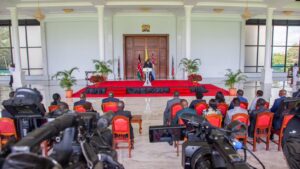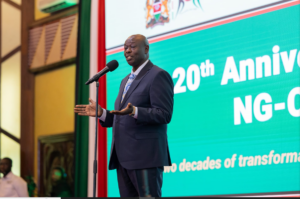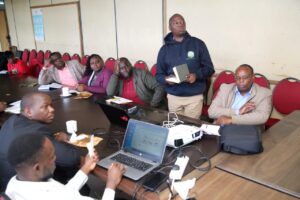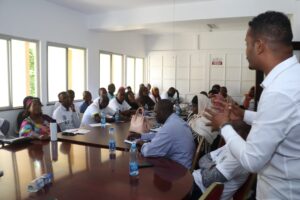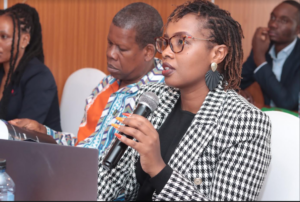Are Kenyan journalists free in their line of duty?
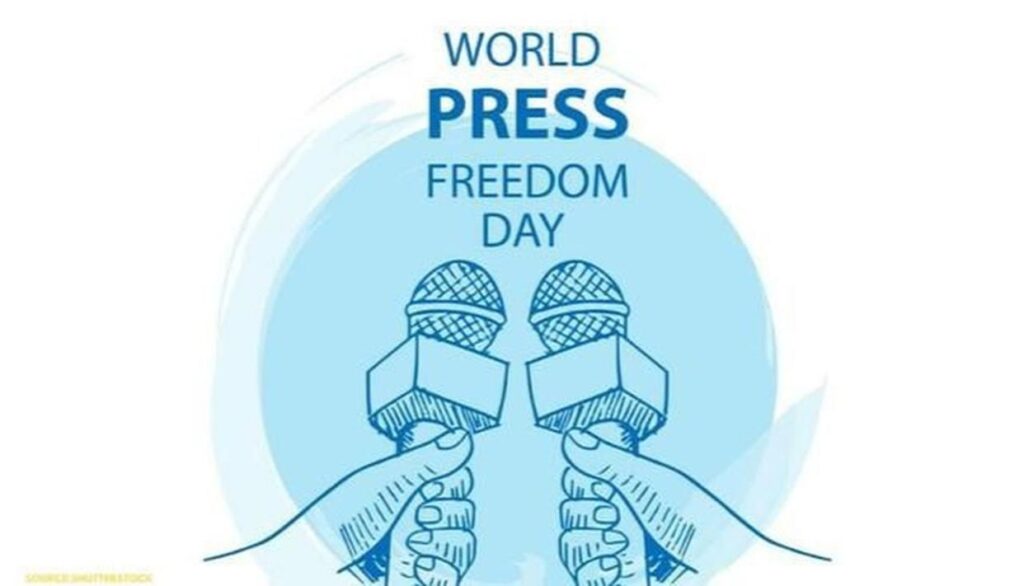
By James Macharia
On May 3rd of every year, all journalists across the world join hands, both physically and virtually to commemorate the World Press Freedom Day.
But even with this day here with us, there is a sense in which the Media fraternity, in most countries is regulated in terms of freedom and unnecessary censorships from their respective governments.
Kenya has not been spared in this fate.
As a doctor prescribes the dose of a medicine to a patient, pundits believe that the Kenyan government does so to the media, and that it has to dance to the government’s tune.
Since the striking of Covid-19 in Kenya, and the reporting of the first case on March 13th 2020, journalists have found themselves in frequent run-ins with police officers, believed to have been advised by political leaders while covering events especially on the public compliance with Covid-19 protocols.
Seven months down the line, the state had recorded at least 48 cases of violations of journalists reporting on the pandemic.
The Executive through Judiciary is also said to have been taking advantage of the Computer Misuse and Cyber Crime Act 2018 to arrest and intimidate journalists especially the digital content creators.
Kenya has a history of using repressive laws to suppress the efforts of journalists especially when they tend to cover reports on government’s weakness and failure, and things that portray the state in bad light.
In this saga, Investigative journalists have been on the ‘wanted list’ by the government and suffer most when it comes to police brutality.
For instance, Peter Wainaina is an NTV reporter and on March 27, he swallowed the bitter pills while in Mombasa, covering how police officers used excessive force against people queuing to board a ferry back home from work ahead of the curfew.
On March 29, George Muriithi who’s a cameraman for a local television was reportedly attacked at Mintunguu, Meru County.
Muriithi was filming police officers and senior government administrators using violence to enhance social distancing among traders in the market.
On the same day, John Wanyama and Charles Kerecha of Citizen Tv, together with Mukoya Aywah, an independent journalist, found themselves in the same net when they got arrested in Uasin Gishu and Kiambu counties for alleged violation of curfew protocols.
In a report dated last year, Kenya dropped from 96 to 103 in the year’s World Press Freedom Day rankings, and in January 2020 alone, Kenyan Media reported at least four incidents of police brutality against journalists in Nairobi, Nakuru and Mombasa.
This year, Kenya ranks 102 out of 180 countries in World Press Freedom Index and analysts believe there’s much to be done to guarantee journalists who work beyond the mere call of duty to enlighten and inform the public.

